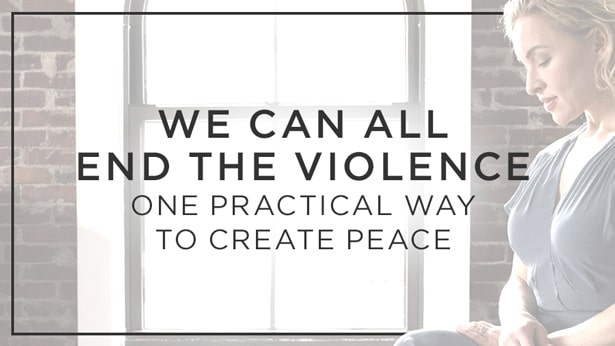
In the wake of the 2016 election, I wrote about the power of the words we choose and the importance of putting more attention on what we’re for than what we’re against.
There’s been a heartbreaking, nausea-inducing amount violence since then, and while there’s a big part of me that wants to pretend it’s not happening, I’ve vowed to pay attention even when it’s uncomfortable.
Okay, so if you’re with me reading this, I’m going to politely assume you’re in the game of paying attention and having the hard conversations and looking at the things that feel awful to look at, not so as to infiltrate your nervous system with negativity but so as to shed the light of awareness so you can be part of the change.
And this is where we come to language.
While I don’t fully understand the deep inner workings of people who choose to take innocent people’s lives, as in the case of the recent Las Vegas shooting, or those who choose to take other people’s rights away, as in the case of the recent attempted ruling to make abortion after 20 weeks illegal, I do know for sure that people who act in harmful ways towards other people have been at one time or another harmed by another person.
We’ve all heard it: hurt people hurt people.
I grew up in the United States, and what I experienced is a culture that celebrates competition over communion, taking other people down in order to get ahead, and the success of an individual at the expense of the well-being of the collective.
Thinking that the way to succeed is by taking others out (literally or metaphorically) has been deeply ingrained in us. So much so that our language is steeped in it.
We’re teaching our children a language that celebrates violence – that equates it with success.
I see it so much in the business, personal growth, and fitness industries.
Phrases like, “crushing it” or “killing it” or “kicking ass” are thrown around like they’re a good thing.
“She killed it on her last launch.”
“I totally crushed that webinar.”
“I’m going to kick ass today.”
While I’m sure a person who takes another’s life or is violent in other ways doesn’t consciously think, “Oh, this is okay because my basketball coach told me I ‘killed it’ during that one game my sophomore year of high school,” it’s safe to say that a culture’s language is reflective of its inherent values.
And our slang language that equates thriving with violence is a sure sign of what we stand for, consciously or not.
The inherent permission to harm others within a language that celebrates violence is hard to unsee once you see it, though.
I would imagine you consider yourself a peaceful person if you’re reading this. Because I consider myself a peaceful person and birds of a feather and whatnot.
But we’ve all been so steeped in a culture that so insidiously celebrates violence that we don’t even realize we’re part of it when we are.
Yeah, I get it. When we use these phrases we don’t “mean anything by it.” I’m not trying to be sanctimonious here but the deal is this:
Words matter.
Phrases that are violent, regardless of their intention, perpetuate violence.
There are way too many and way too commonly used ways to talk about success in terms of destroying something or someone (or at least hurting this thing or person) in the English language.
I’m sure I’m not alone in feeling paralyzed in the face of a government that doesn’t seem to want to take any action around gun control or a world where killing other people because they’re different than us is commonplace (not to mention making them suffer in incomprehensible ways). The problem feels so big and we’re so small.
But what we must realize is that each of us IS the culture.
The culture is not out there. It’s within us. This is very good news because it means if we’re partially responsible, we can also do a lot more than we give ourselves credit for to change what we don’t like!
If we want to change the world, we have to look at ourselves and find the ways that we’re part of the problem and then do something about it.
What if we lived in a culture that didn’t talk about success in terms of crushing anything, killing anything, or hurting anyone or anything?
The fact that this language is so normalized that we don’t even realize we’re doing it or don’t even see it as a problem is the problem.
We live in a world where violence is normal. But it doesn’t have to be that way.
Let’s be part of the change and stop using words of destruction when what we’re really describing is thriving.
All of our voices matter. All of our actions matter. ![]()
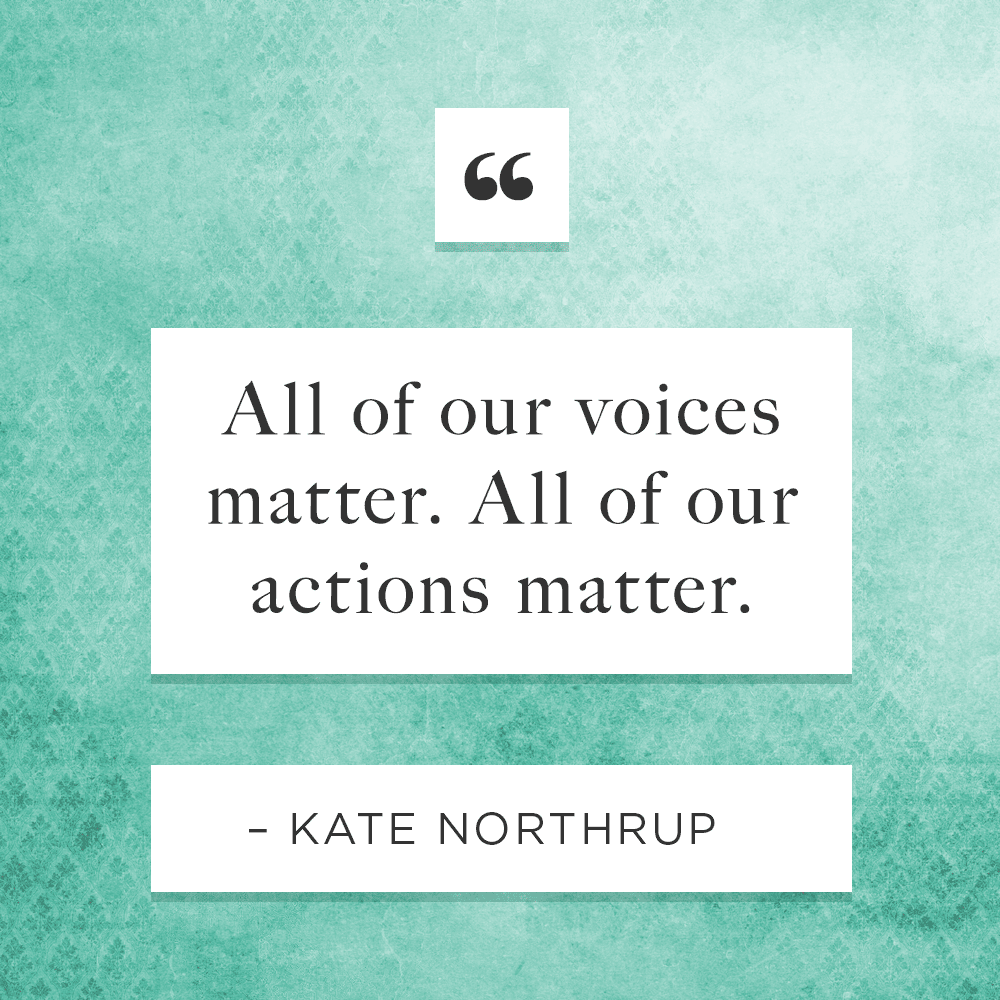
We are the culture and therefore we can change the culture. ![]()
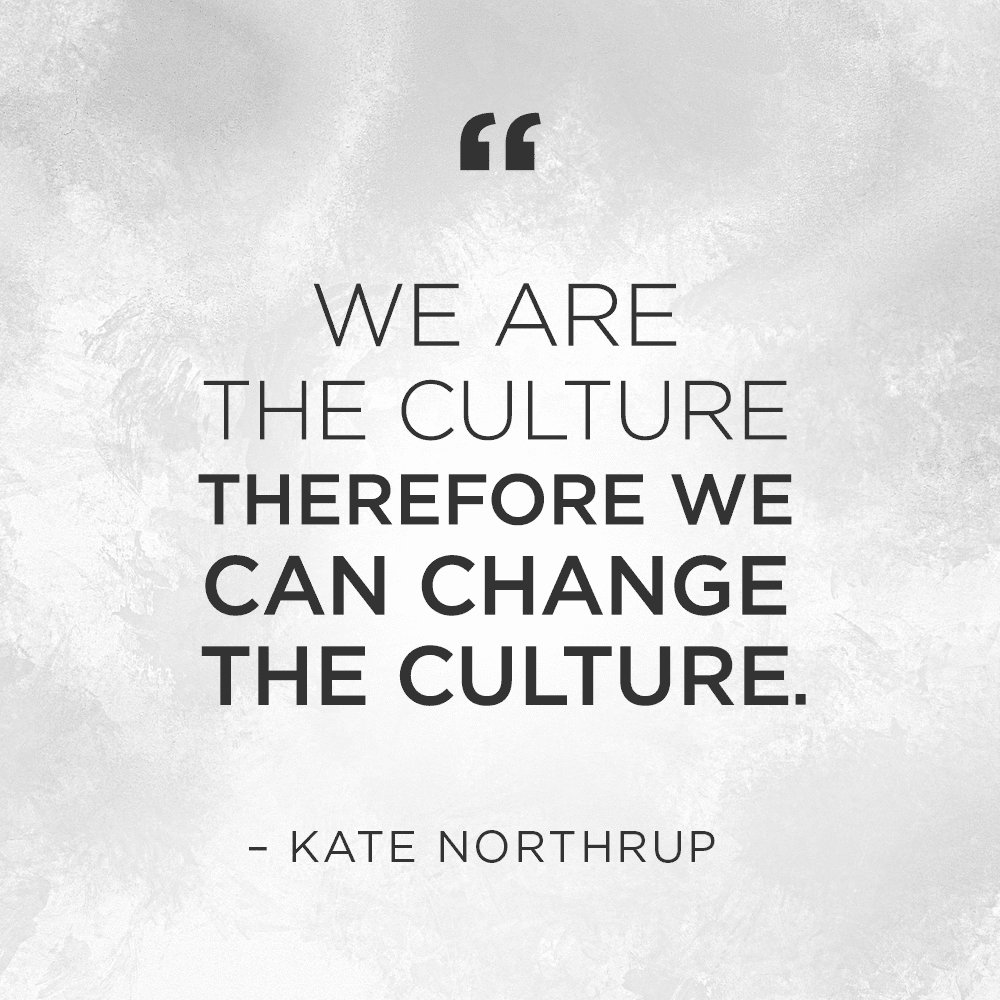
Let’s take the violence out of our vocabulary, shall we? The stakes are really high right now and everything counts.
OVER TO YOU:
Where else do you see unconscious violence show up? Are there other phrases you can think of that I didn’t mention? I’d love to hear your perspective on this in the comments!




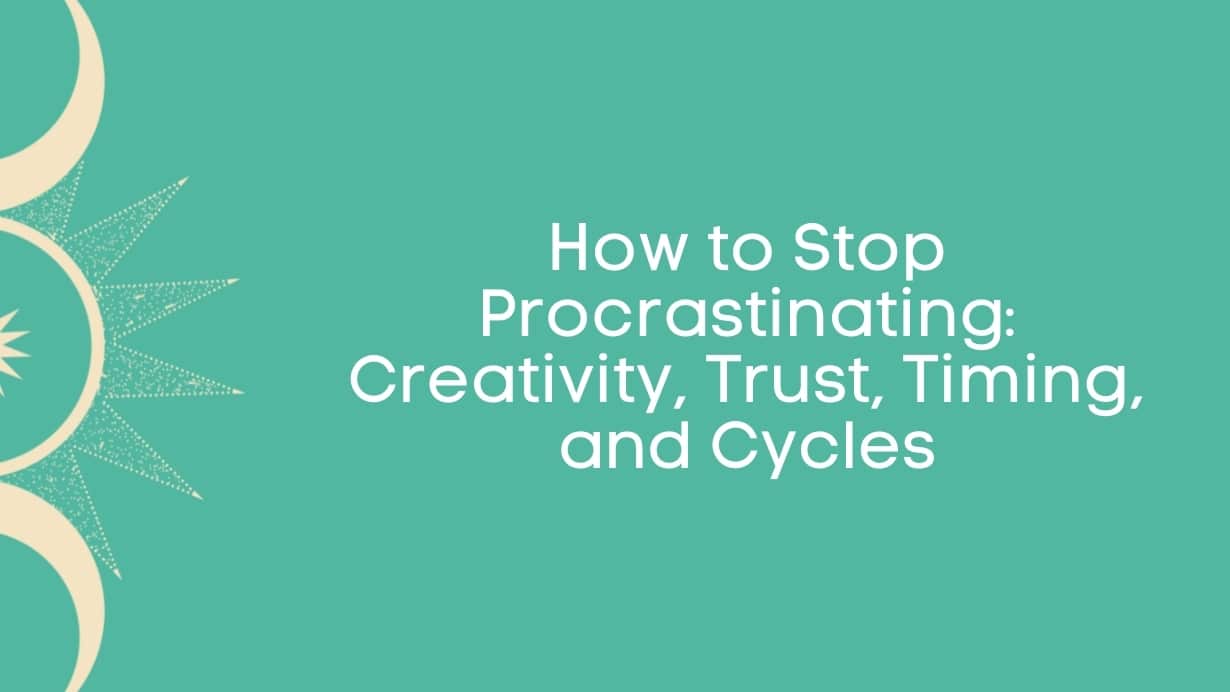
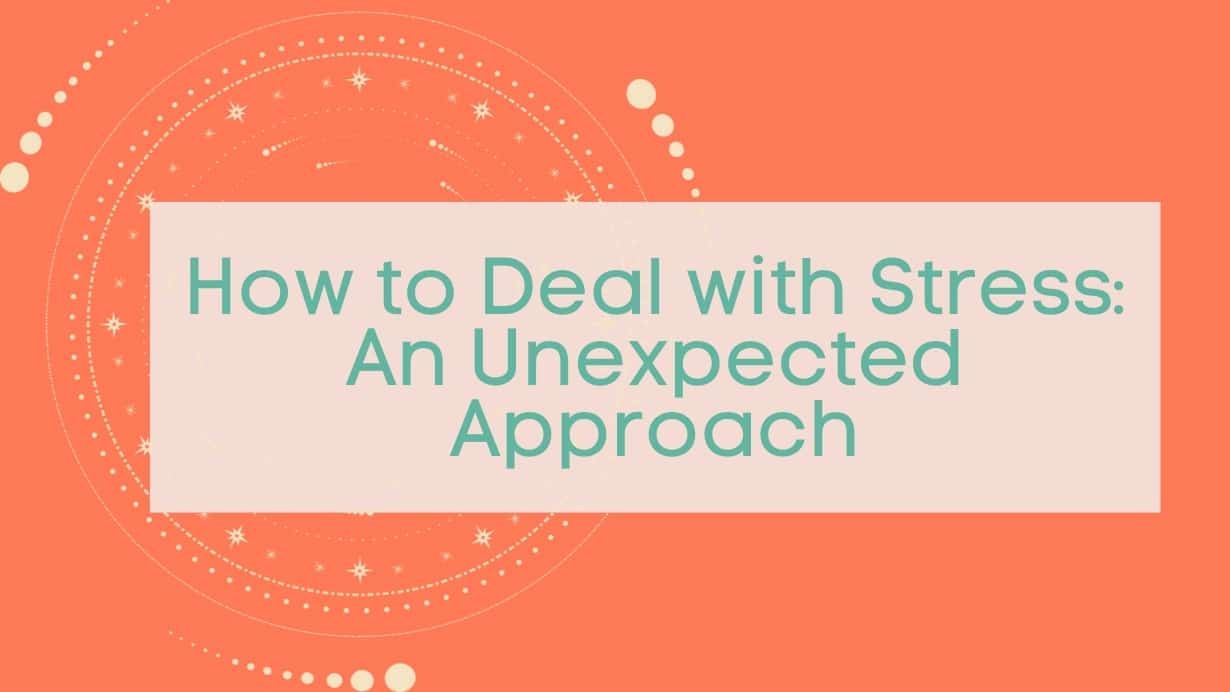
0 comments